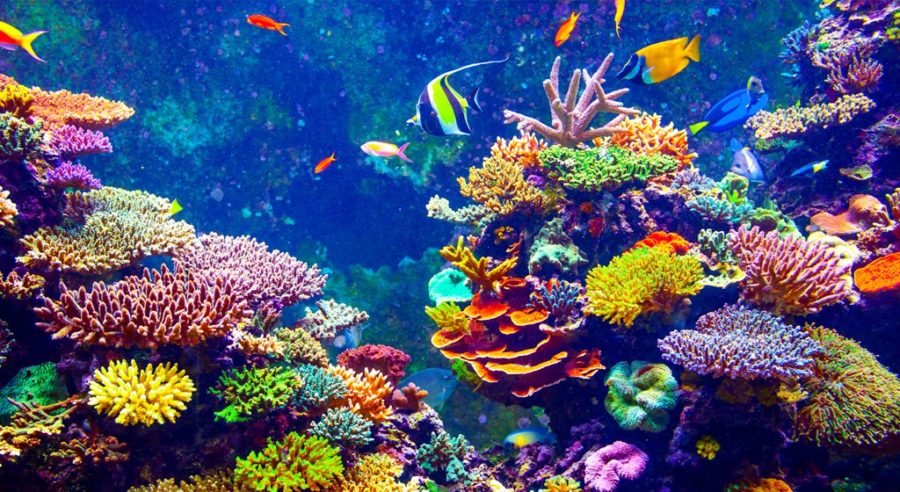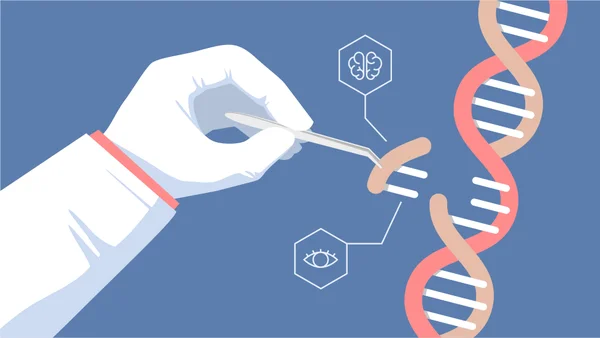Coral Reef Decay Continues to Spread Globally
REEFS ALL AROUND WORLD- Over the last few centuries, Humans have emitted greenhouse gases into the atmosphere by burning fossil fuels. Since production has exponentially increased in the last few decades, the temperature has astronomically. In the last century, the average temperature has increased by 1.4° Fahrenheit. This number may not seem like much, however, this change drastically affects ecosystems all over the planet.
One of the major ecosystems which climate change has affected is the coral reefs. Coral reefs are much more than just a marvel of the undersea world, they are responsible for protecting the shorelines from waves, storms, and floods. Reefs also support the fishing industries and are a big tourist attraction, the income from reefs is about 30 billion dollars. They also protect millions of species, specifically 25% of all marine species. Think about that for a moment, as of right now we have explored about 5-10% of the ocean meaning that there are countless more reefs we don’t know which protect millions of more marine species we do not know of. Now realize that we could be destroying whole ecosystems which we have never even seen, ecosystems which could lead to major scientific advancements.
Humans are responsible for the rapid decay of these reefs. Bleaching is a process in which the algae (which gives the coral nutrients and color, for a home) leaves the organism due to pollution and overexposure to high/cold temperatures. This turns the coral a white color and causes the organism to be more susceptible to diseases and mortality.
The first major bleaching event occurred in 1998 where 16% of all reefs around the world were killed, The El Niño of that year combined with global warming caused a heatwave within the water which eradicated countless reefs and killed many fish who had lost their homes. 2 more major events occurred, 1 in 2010 due to El Niño and global warming, and 1 in 2015 due to an even larger increase in temperature due to global warming. With these major bleaching events, minor events are also occurring at a similar pace. Through the years thousands of miles of reefs have been killed, 25% of the Great Barrier Reef has been killed due to bleaching.
The main concern with bleaching is the recovery rate of the reefs which have survived these events. It takes fast-growing coral 10-15 years to recover from bleaching, with the average time for a major event to occur being 6 years, bleaching events will occur faster than the reefs can recover from them. Within a few decades from now, the majority of all reefs will be destroyed meaning that their essential role will be unable to be performed, thus harming millions of people and marine species.
After reading this you have become aware of the impact of reefs and how it is imperative to the environment that we try and prevent bleaching events from occurring. You won’t be able to experience these marvels within a few decades so it is necessary to preserve them. The more these reefs decay the more the price of seafood will cost as there will be less of it in the world. You can help by trying to reuse energy and materials such as getting a reusable water bottle. You can also join climate change organizations and donate to them to prevent not only bleaching but a whole lot more!












